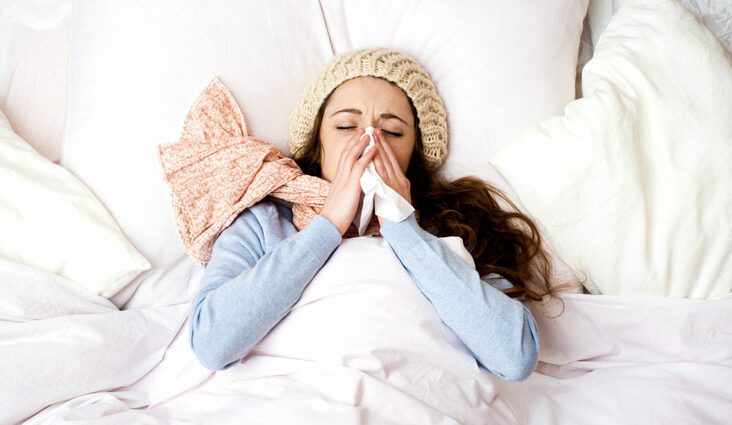Prevention of nasopharyngitis
Basic preventive measures |
Hygiene measures
Hand hygiene Quebec Ministry of Health and Social Services: http://www.msss.gouv.qc.ca/sujets/prob_sante/influenza/index.php?techniques-mesures-hygiene How to protect yourself from respiratory viral infections, National Institute of Prevention and Education for Health (inpes), France http://www.inpes.sante.fr/CFESBases/catalogue/pdf/914.pdf Environment and lifestyle
|
Measures to prevent complications |
|










